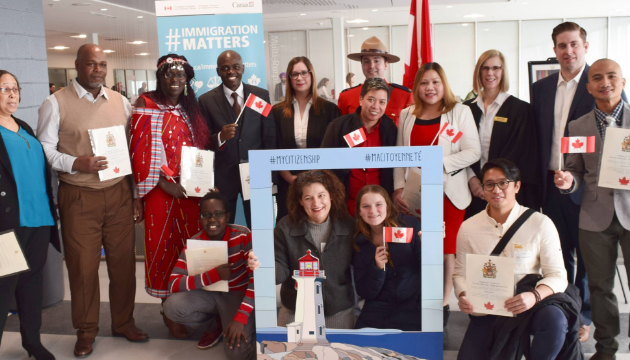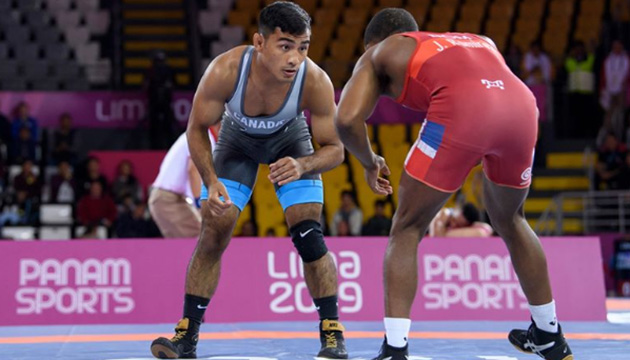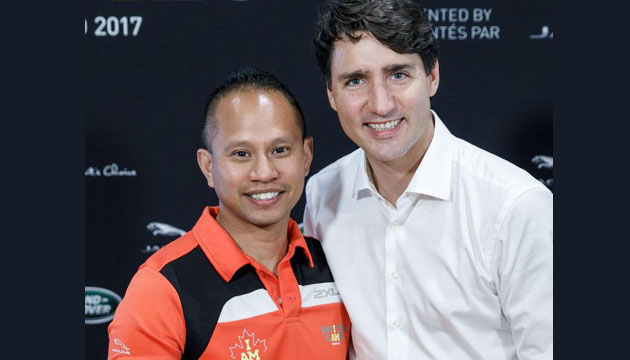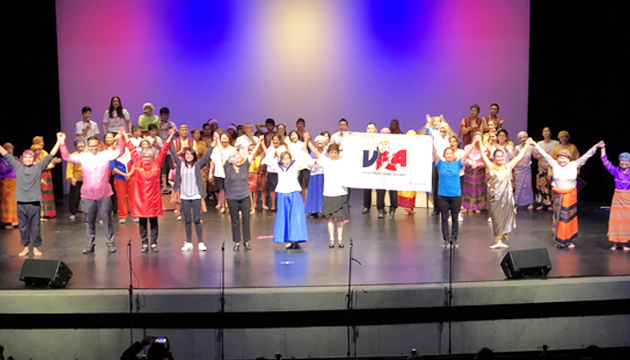August 2020 - "Canada is free and freedom is its nationality," proclaimed Canada’s seventh Prime Minister Wilfrid Laurier. We Canadian Filipinos hope that those words will continue to ring true to this day and extend to our homeland, the Philippines.
The Canadian Charter of Rights and Freedoms and the Philippine 1987 Constitution both provide for a free and democratic society with fundamental freedoms such as freedom of the press, of religion, of peaceful assembly and association and fundamental human rights such as the right to life, liberty and due process.
Freedom of the press
The writing was on the wall as early as 2017 with the sale of the Prieto family’s share of the news publication Inquirer in 2017 to Ramon Ang, billionaire, and known associate of President Rodrigo Duterte. It was also in 2017 when Senator Leila de Lima, Duterte’s critic, was thrown into jail for trumped up charges related to the drug trade during her stint as Justice Secretary under then President Noynoy Aquino.
In June of this year, Rappler’s Maria Ressa was convicted of violating a cyber-libel law which came into force in September 2012 - months after Rappler published an article alleging businessman Wilfredo Keng had links to illegal drugs and human trafficking. Although his lawyer denies personal connections with Duterte, Keng’s daughter was appointed to a government post by Duterte himself in 2019.
Recently in July, the lights of the mega network ABS-CBN were dimmed when the Duterte-friendly House of Congress denied its franchise.
Right to due process
As though extra-judicial killings were not enough, we witnessed the passage of the Anti-Terror Bill this July by the same House of Congress which critics were quick to denounce, including the Catholic Bishops Conference of the Philippines (CBCP).
On July 19, CBCP Acting President Pablo Virgilio David issued a pastoral letter denouncing the passage of the said bill. The letter cites law expert arguments against the legislation. In it, David likens Filipinos to the “proverbial frog swimming in a pot of slowly boiling water.” But he also believes that in government agencies, there are “many people of goodwill whose hearts are in the right place.”
Were it not for the pandemic, would the Church call on the faithful like it did in 1986’s People Power Revolution to protect Philippine democracy?
Bastions of democracy in North America
Here in Canada, we only need to look at our southern neighbour to see that freedom, even in a country that has been the bastion of democracy, can be stifled. The events in Portland, Oregon and Seattle, Washington highlight how protests demanding racial justice started peacefully and turned into violent riots with police and protesters clashing on the streets. According to reports, similar protests are spreading across the United States.
Sadly, Canada is not immune to the perils of undemocratic practices. Prime Minister Justin Trudeau is again under an ethics investigation for a third time, this time from allegations of conflict of interest as it relates to his government's decision to award a contract worth up to $43.5m to WE Charity. Members of the Trudeau family are alleged to have benefitted from the WE Charity, and so are Finance Minister Bill Morneau and his daughter.
Canadian Filipino’s role as global citizens
Democracy is earned and it has to be protected. We as citizens can not simply clamor for freedom and expect it to remain in our midst while idly standing by. If Canada can denounce, for example, India’s Citizen Amendment Act which allows illegal immigrants of most religions to apply for Indian citizenship but leaves Muslims off the eligibility list, why can’t it do the same with the Philippines’ Anti-Terror Act? Why can’t Canada show support for freedom of the press in the Philippines and condemn the imprisonment of Senator Leila de Lima and the conviction of Maria Ressa?
According to the 2016 Census, Filipinos represent the biggest percentage of new arrivals in the five-year period between 2011 and 2016 at 15.6 percent. In 2019, Canada paid tribute to Filipinos in Canada and their contribution to the country when it proclaimed June as Filipino Heritage. Is there enough political will in Canadian Filipinos now to pressure Canada to walk the walk particularly when it comes to denouncing atrocities in the Philippines?
By Rachel Ramos-Reid
For the CFNet Editorial Board
Contact us at:










